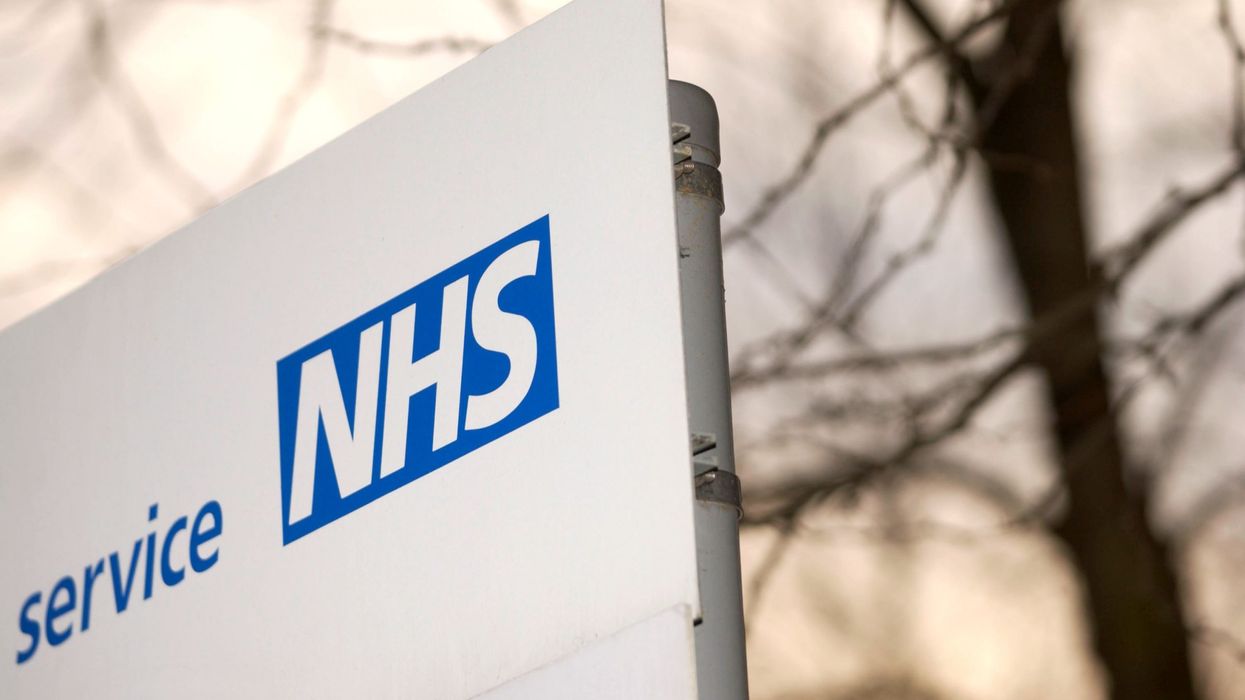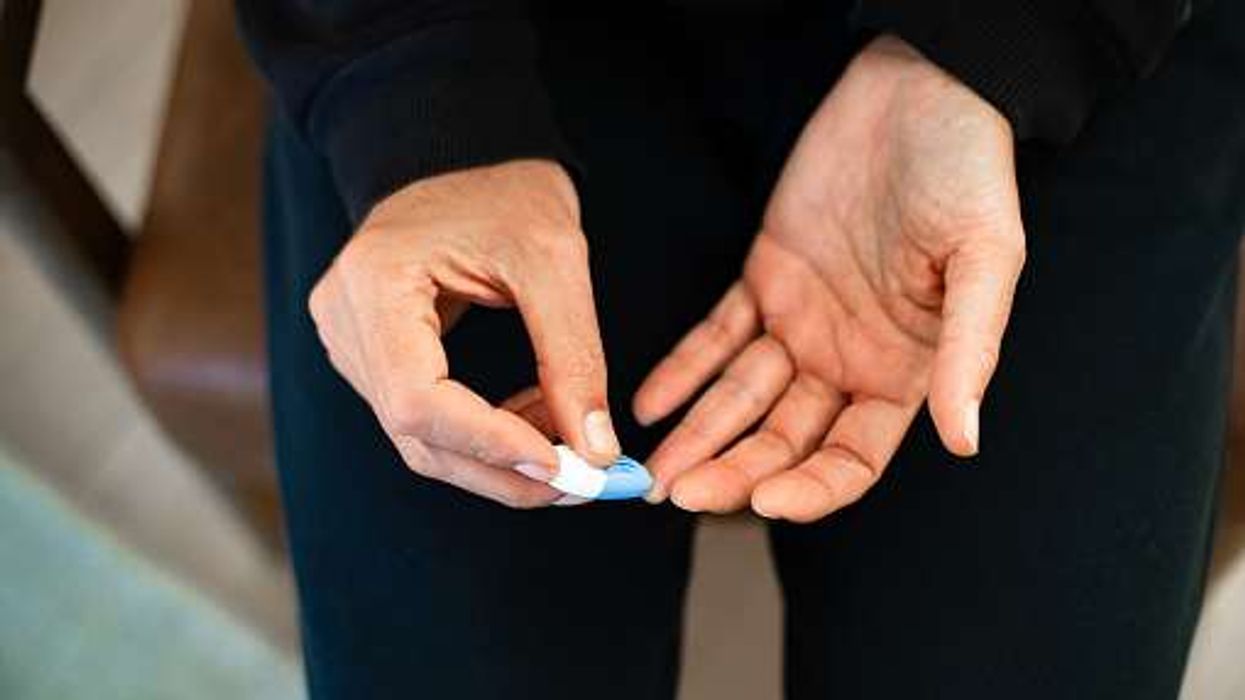The Association of the British Pharmaceutical Industry (ABPI) has supported the Department of Health and Social Care's recommendation to 'aggressively expedite and roll out new medicines' that have gone through trials.
The ABPI welcomes government report on cancer services in England and the opportunity it provides to refocus how the pharmaceutical industry, NHS and government can improve the lives of cancer patients.
David Watson, executive director, Patient Access at the ABPI, said: “Despite progress, UK patients still have much worse five-year survival rates for many cancers than those in similar nations. Early diagnosis and fast and equal access to the latest treatments for all patients is key to reversing poor trends in NHS cancer care.
“We are pleased that the report reflects concerns about variable access to cancer medicines. We support the Committee’s recommendations to 'aggressively expedite and roll out new medicines' that have gone through trials and to ensure regulatory innovation results in swift uptake in the UK.
“The upcoming 10 Year Cancer Plan is an opportunity to ensure NHS patients are able to access the latest cancer medicines and treatments.”
ABPI stated that the findings of the report reflect those in the Association of the British Pharmaceutical Industry’s 2021 report into cancer care in the UK, which concluded that collaboration across the UK cancer community is vital to restoring and improving NHS cancer services.
As part of the evidence the ABPI provided to the Committee, it pointed to the key challenges patients in England face, which it believes can be resolved.
The written evidence ABPI submitted to the inquiry is available online here with the five key challenges for improving cancer care identified:
- Embed research across the UK healthcare system. With one in six patients receiving treatment in clinical trials this is an opportunity to reduce disparity.
- Increase the cancer workforce. Limited availability of radiographers, radiologists and oncologists as well as cancer nurse specialists (CNS) is a continuing barrier to improving cancer outcomes in the UK.
- Improve access to medicines through ambitious reforms to the HTA system, including reducing the use of ‘optimised recommendations’, where NICE recommends a medicine for a smaller group of patients than originally stated by the marketing authorisation, resulting in cancer patients often losing out on important treatments.
- Improve uptake of medicines. The uptake of some medicines by clinicians for use in patients remains low relative to comparator countries.
- Tackle variations in cancer care. This is an issue of inequality across the UK, and we can improve this by developing and consistently implementing optimal end-to-end pathway guidelines for each cancer type, and rarer cancers.











